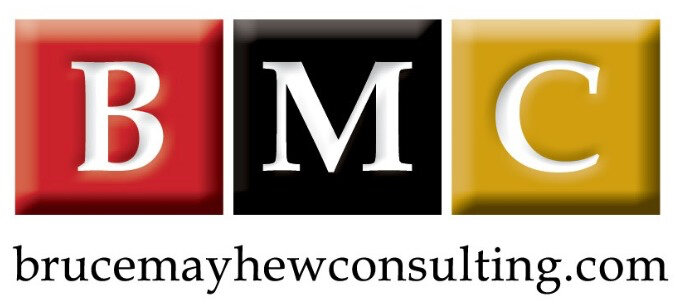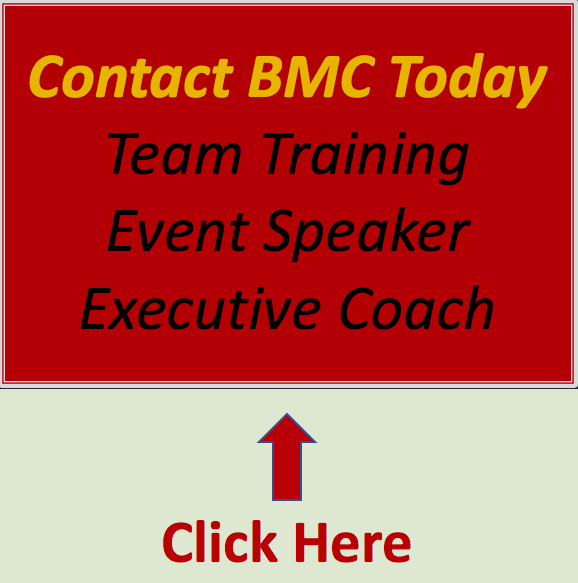Effective Meeting Management: How to Run Effective Meetings
/
You have a great team. For their professional development, as well as the benefit of the company, you want to help them run effective meetings. You’ve seen how they suffer through long, unproductive, time-wasting meetings that go off-track and leave them wondering why they were invited.
I applaud you for wanting to make a difference. By wanting to help your team run effective meetings you’ll also be able to save time, save money, reduce waste, increase productivity, improve your employees workplace satisfaction… and i could go on. Yep, meeting management training is a Win-Win.
Before we go deeper into this, I want to invite you to cut everyone some slack (including yourself), who has hosted an insufferable meeting. Why? Because no school I know of teaches an Effective Meeting Management 101 course. This means most people host meetings based on what they learned by watching others. Thankfully, that was yesterday and you’re making sure tomorrow will be a brand new day!
The first challenge you will face as you help your team run effective meetings is the need to change corporate culture. As the book title by Erin L. Bouma says, ‘Big Ships Turn Slowly.’’ Even if your company is small or if you are focused on improving one team, changing a persons behaviour isn’t the easiest thing to do – even if they are willing participants. But you are dedicated (yea), so to change the way your team runs meetings you will need two things:
Unwavering leadership commitment (this means you if you are only focusing on your team)
Individual employee commitment… from everyone
Unwavering Leadership Commitment
I’m going to assume you have the unwavering leadership support… or you are the unwavering leadership support. Still, it’s worth doing a quick review of two important things. First, leaders have to support the new corporate meeting management standard you are going to build. Second, employees have to be confident that their leaders will consistently and unwaveringly stand by them. This means (for example):
If there is no agenda people have the right to ask for one before they commit their time.
Individuals are able to decline an invitation when the invitation doesn’t help them know why they were invited.
Meetings start on time and end on time – and if people come in late that the meeting doesn’t start over.
Minutes are always taken which mention items discussed, decisions made and / or action items (this can be a simple email after the meeting).
This is how we make sure that if we are going to attend a meeting that they will be meetings that we were proud to attend, proud of what we contributed and proud of what everyone accomplished… together. This is how we build a sense of team where everyone is efficient and has pride in the work they do. And, this is how we make sure the meetings we go to are those meetings not the long drawn out horrible type.
Individual Employee Commitment
Next we have to look at individual commitment. It’s worth noting that as the leader you’ll have a good idea of how you think meetings need to change and, you’ll have defined what you believe should be the meeting management objectives. But as we all know, the best way to get commitment is to make people part of the solution. So, have an exploratory session with your team. As you go through this exploration I bet you’ll find your team will have a few important ideas – so, stay open minded. To begin your exploration with your team I recommend spending time with two important questions.
“What do great meetings look like?”
“What are the effective meeting guidelines we will adopt?”
I would like to bring specific attention to the positive nature of these two questions. They are looking at what greatness does look like and what best practices your team does want to adopt. The positive nature of this approach is uplifting / empowering; I bet you will feel great energy. This approach is called Appreciative Inquiry which I’ve explored in other blog posts. I encourage you to not spend much time exploring negativity… like what makes bad meetings. If you feel you do need to discuss what doesn’t work, put a timeframe on it – perhaps 5-minutes and then get back to encouraging positive energy and what people can do.
Effective Meeting Guidelines
I bet you might hear someone say, “The best meeting is a meeting I don’t have to go.” And you know – they may be right considering their world today, but our goals is to turn their next meeting into their best meeting… again and again. So, let’s stay positive and think about what we want to happen in the meetings we go to; behaviours like:
Agendas are created and shared using the agreed upon template structure
Only relevant people are invited
Everyone attends who is supposed to attend – and they come prepared
Meetings start on time and end on time (or end early)
Discussions get to the point and stay on topic
Discussions stay positive (Appreciative Inquiry)
Information is shared in a clear and respectful manner
Decisions are made and action items are summarized before anyone leaves
Meeting minutes are shared soon after the meeting using the agreed upon templated structure
As you begin to implement these new meeting guidelines you’ll see first hand that everyone will begin to be happy when they attend meetings and begin to think, ‘WOW I just accomplished something, and I feel great.’
Conclusion
Remember, changing meeting management means changing corporate culture and changing individuals habits… changing how they have always worked in the past. This change you stay committed, and that you correct and support people with ‘what they can do’ versus ‘what they did wrong’. By doing this… and by staying positive (not punitive), you will find your corporate culture and the way people run meetings will change quickly. There will be a few growing pains, but remember, ‘Big Ships Turn Slowly,’ but wow – how great it is when the turn has happened.
Thanks for reading up on Meeting Management and How to Run Effective Meetings.
If i can help you in any way, please let me know. Here is my website Meeting Management Training page.
Bruce
About Bruce and Bruce Mayhew Consulting.
Bruce is Corporate Trainer and Executive Coach.
As a Corporate Trainer Bruce Mayhew (of BMC) specialize in customized Time Management Training, Email Etiquette Training, Leadership & New Leadership Development, Generational Differences and other soft skills training solutions in Toronto and across Canada. Bruce is also an Executive Coach to a few select clients.
BMC helps your greatest assets think productive and be productive.
Bruce is an experienced motivational speaker in Toronto and has inspired audiences across Canada and within the USA and the UK. Bruce works hard to always make sure your training event, conference, retreat, or annual general meeting is a success.




